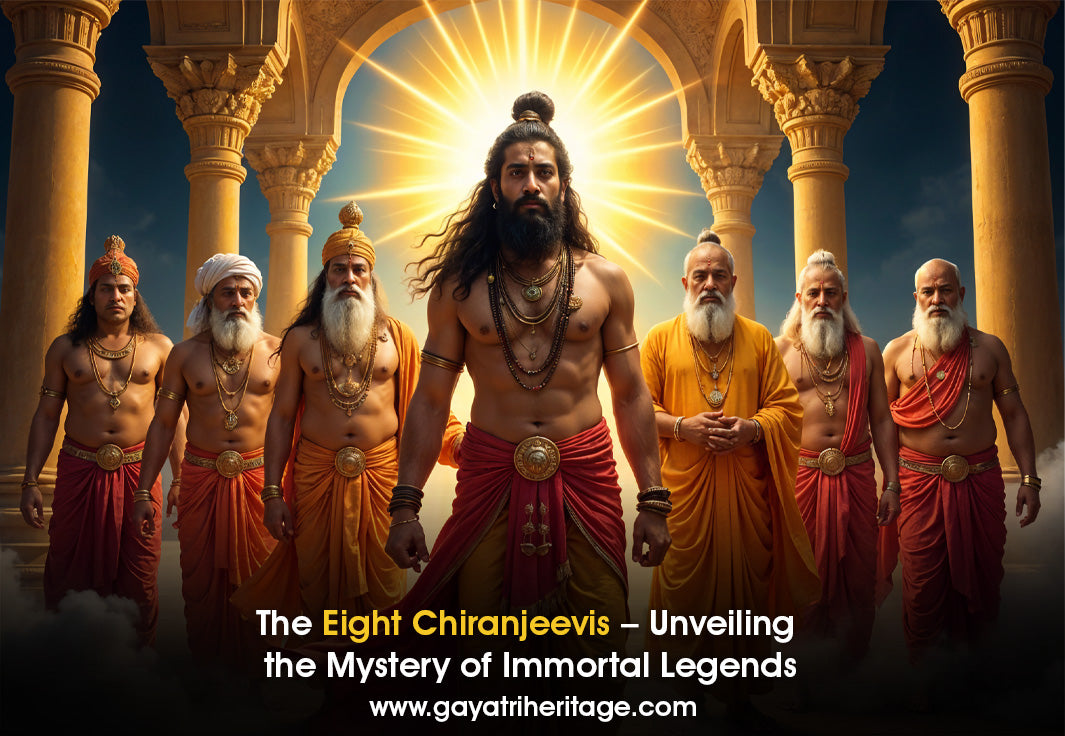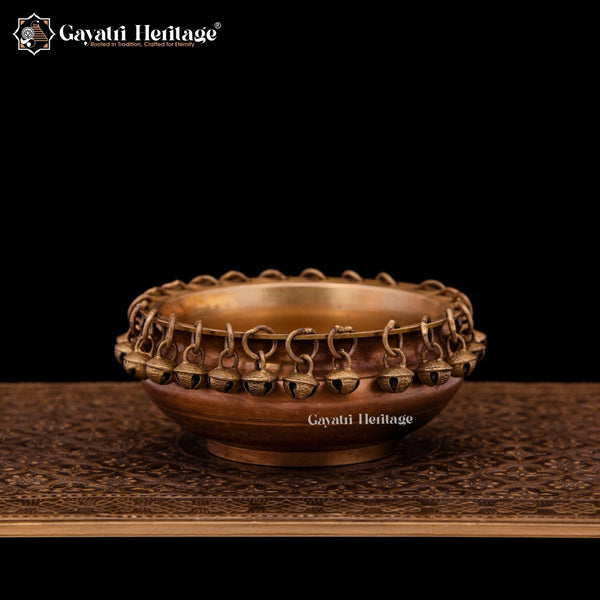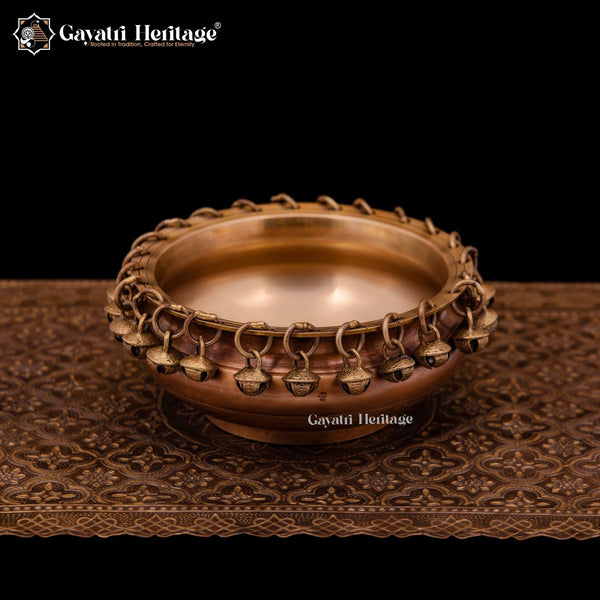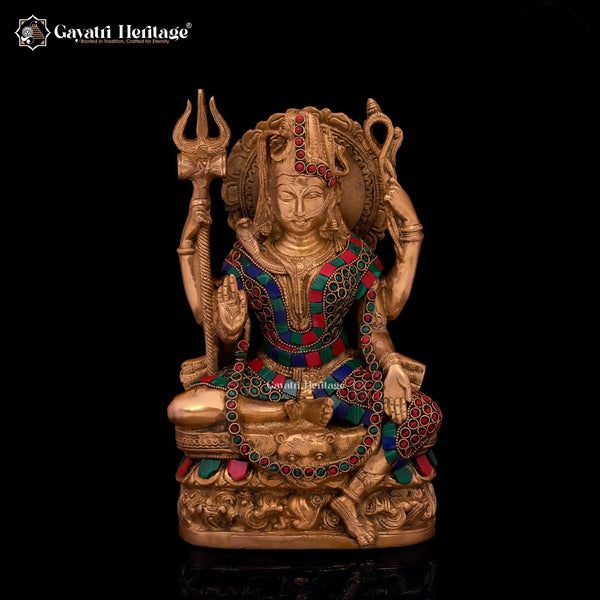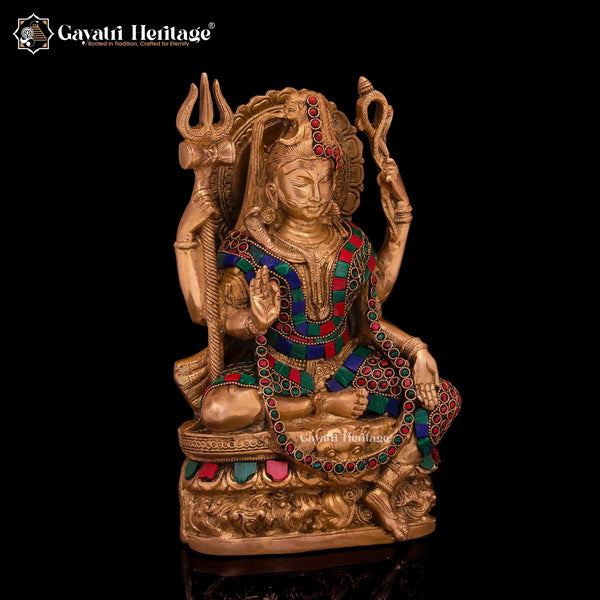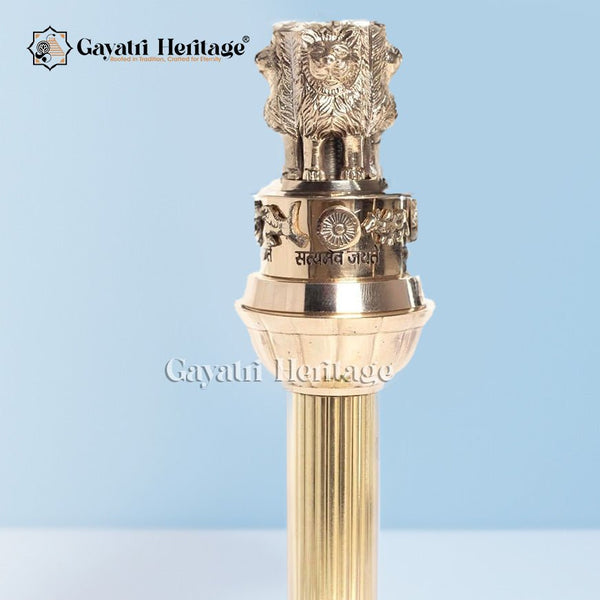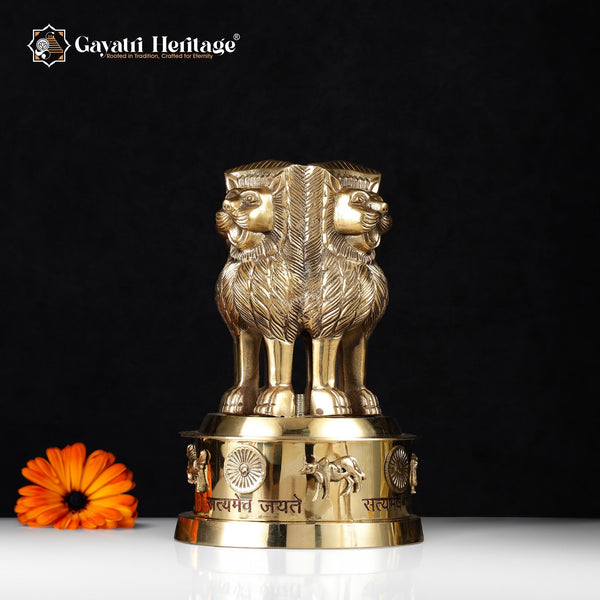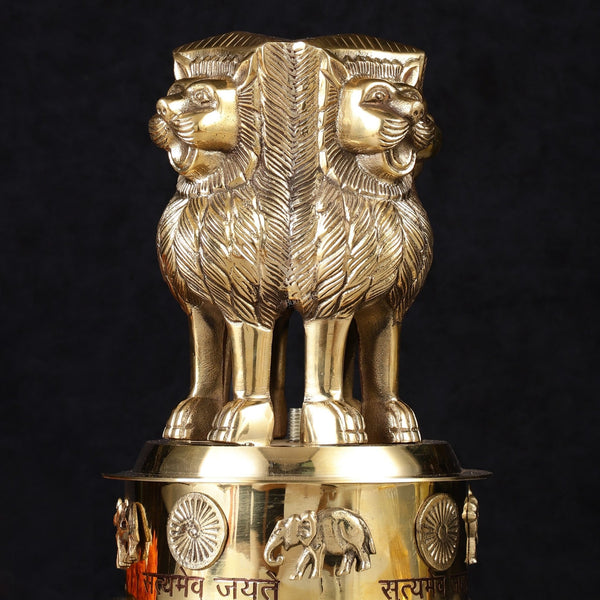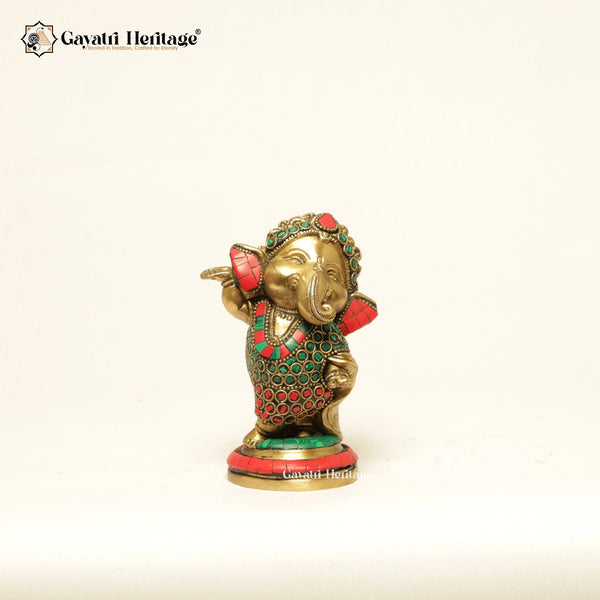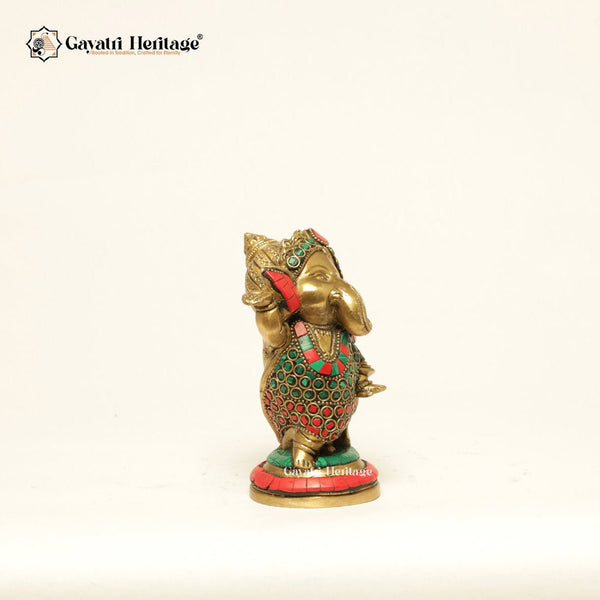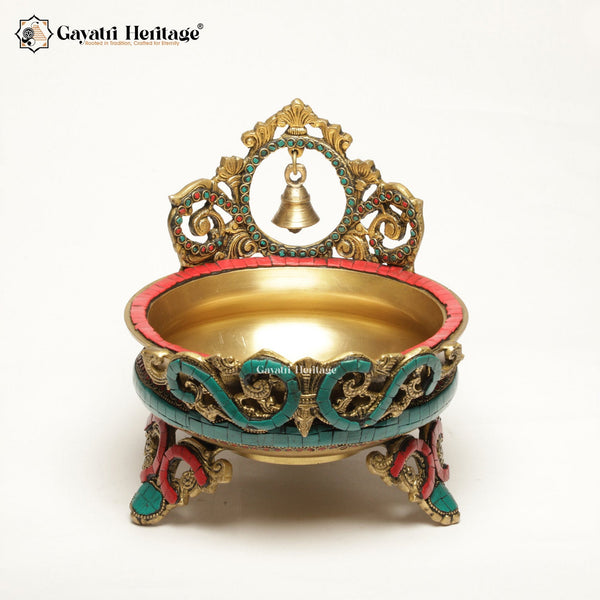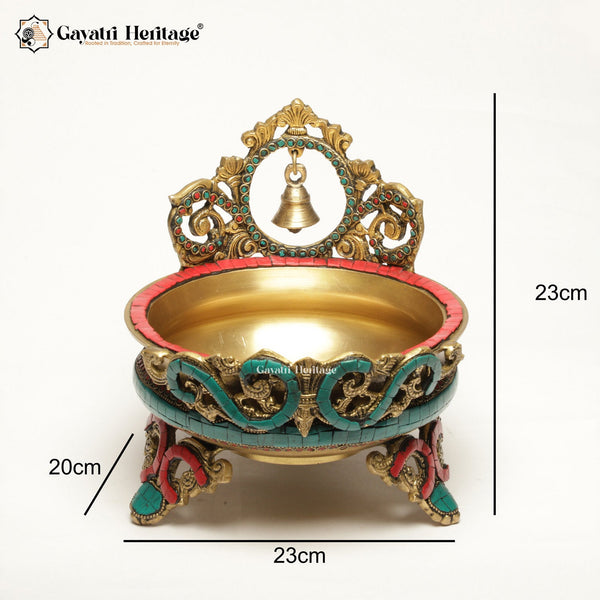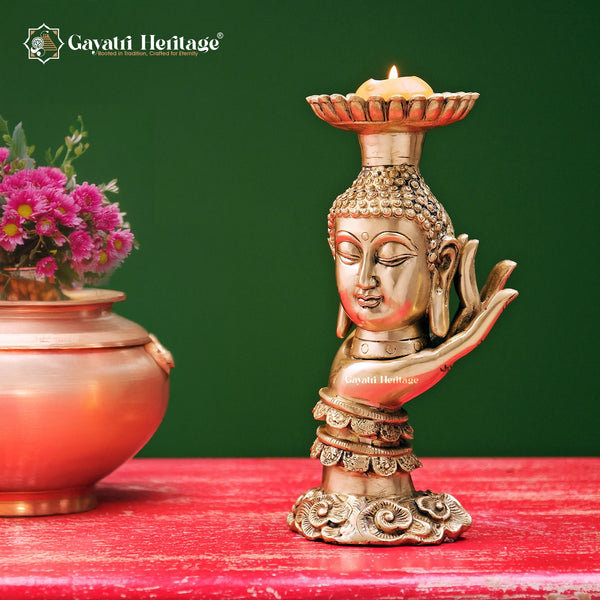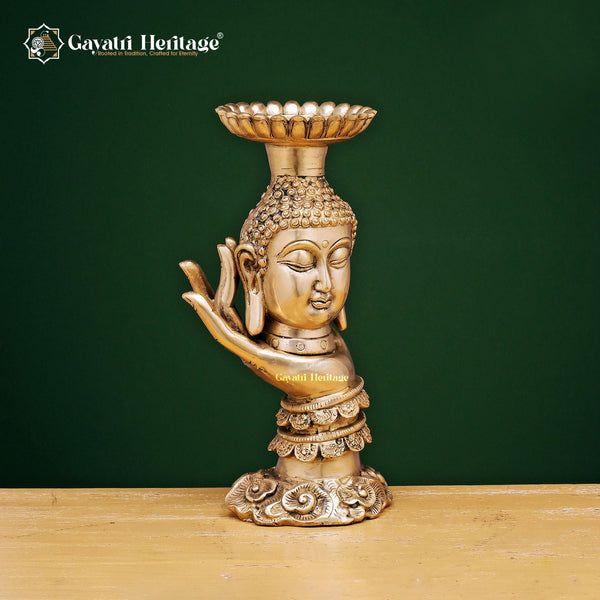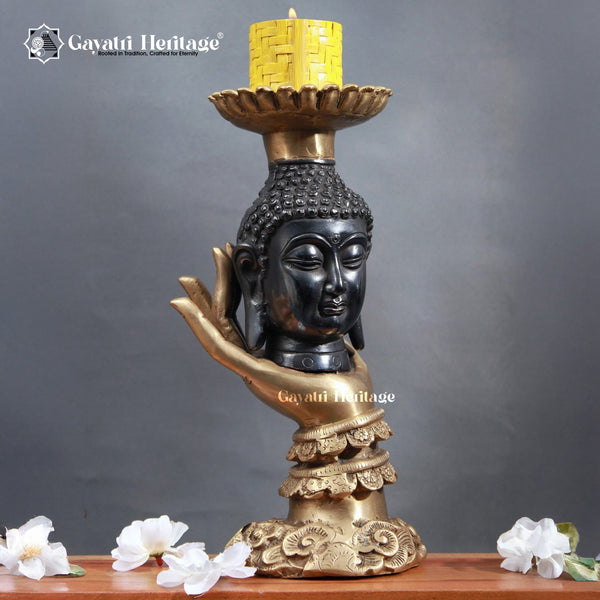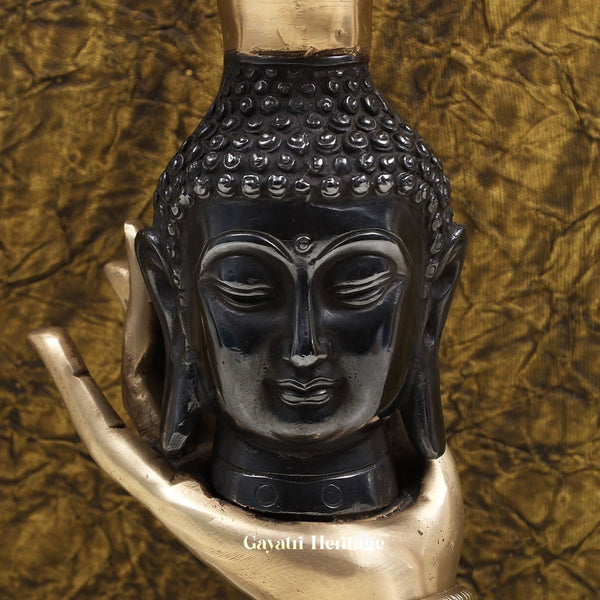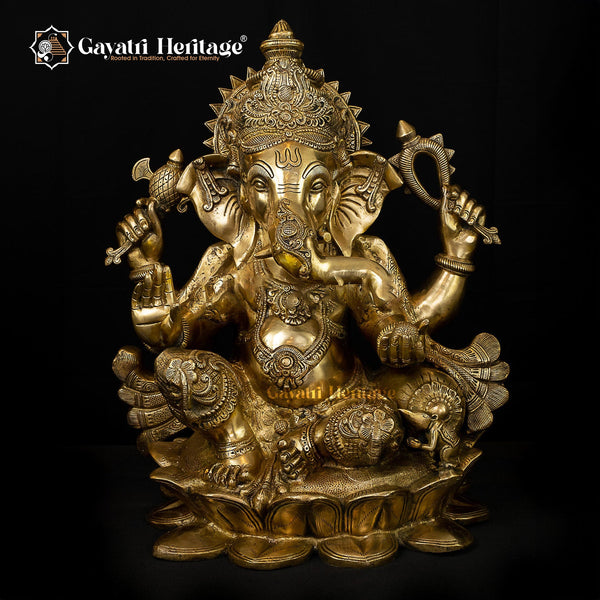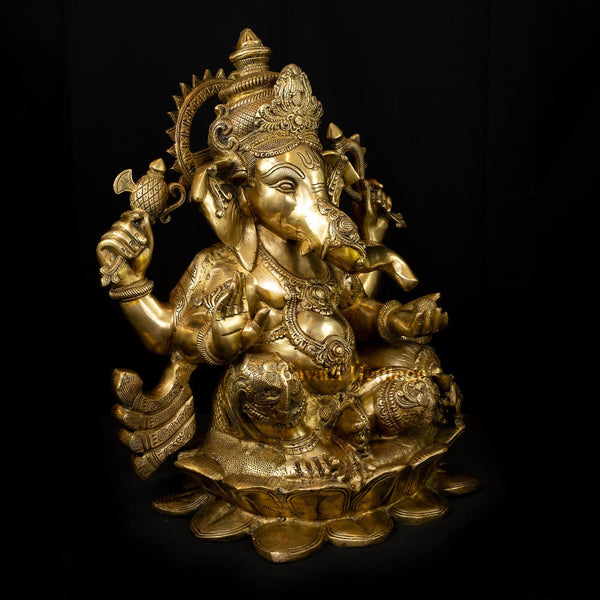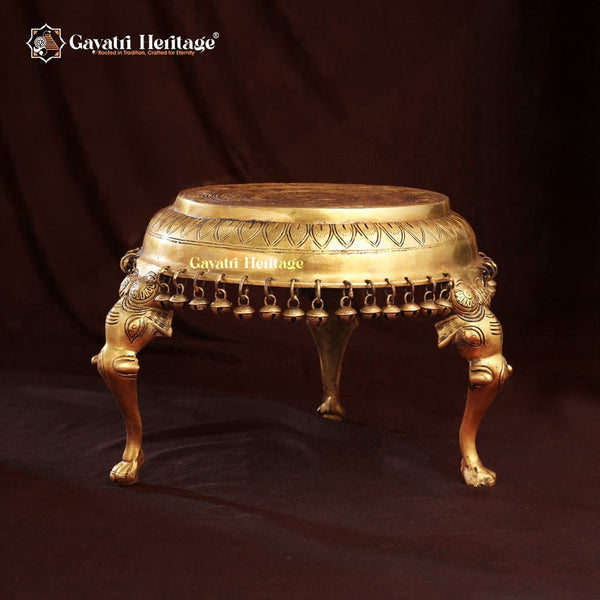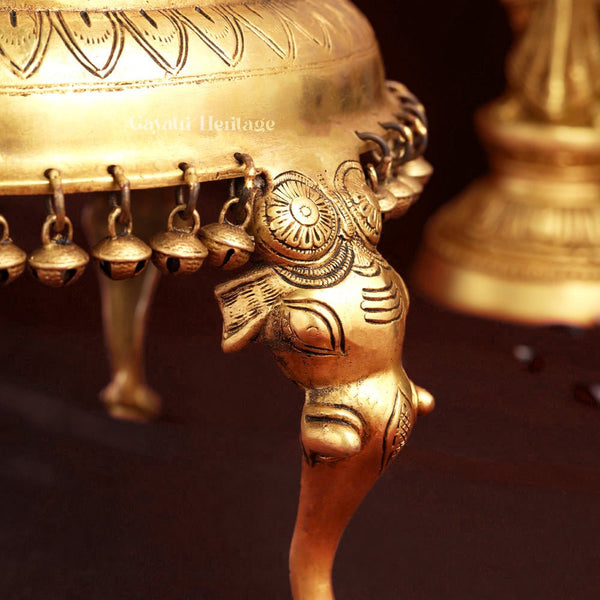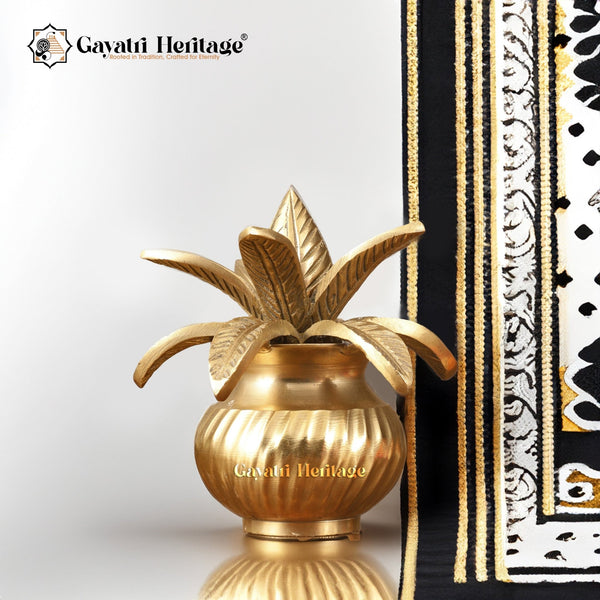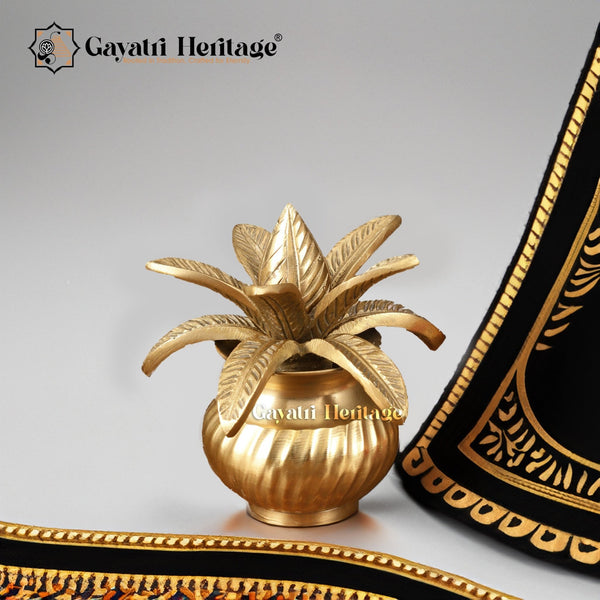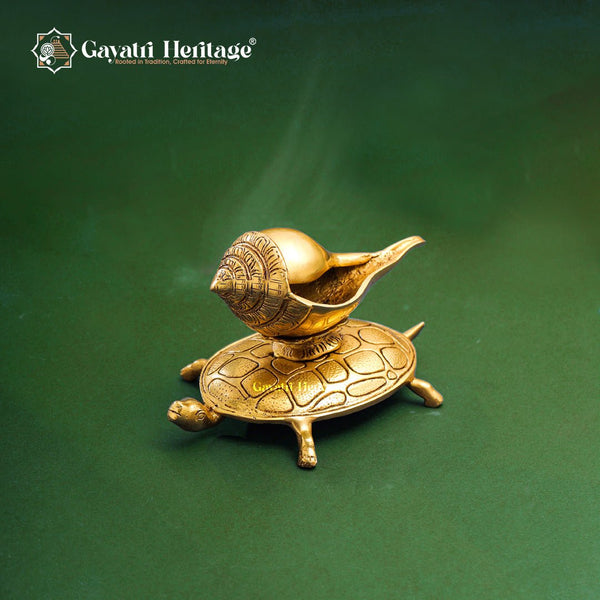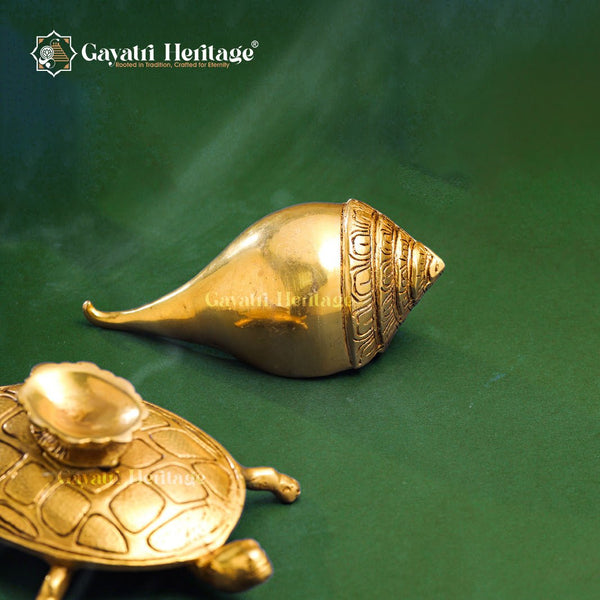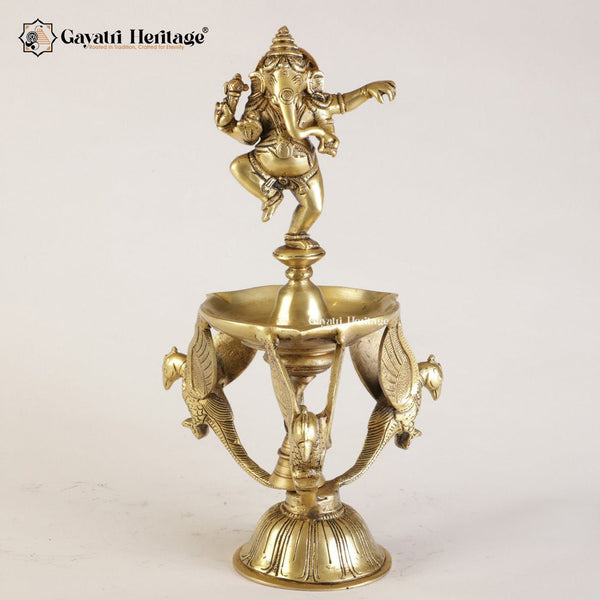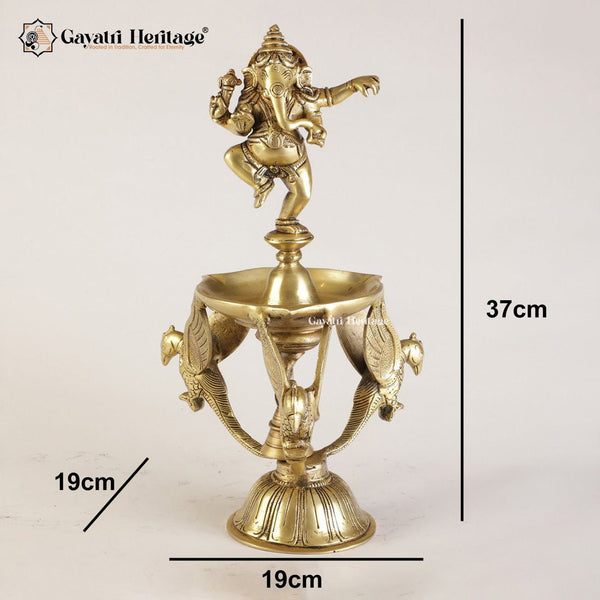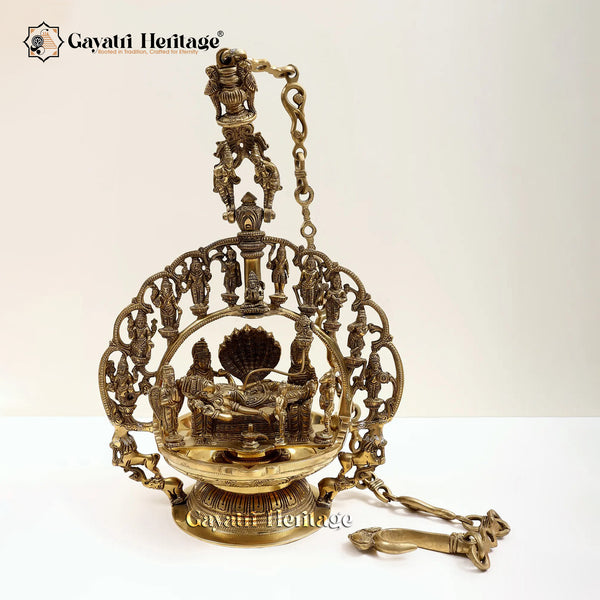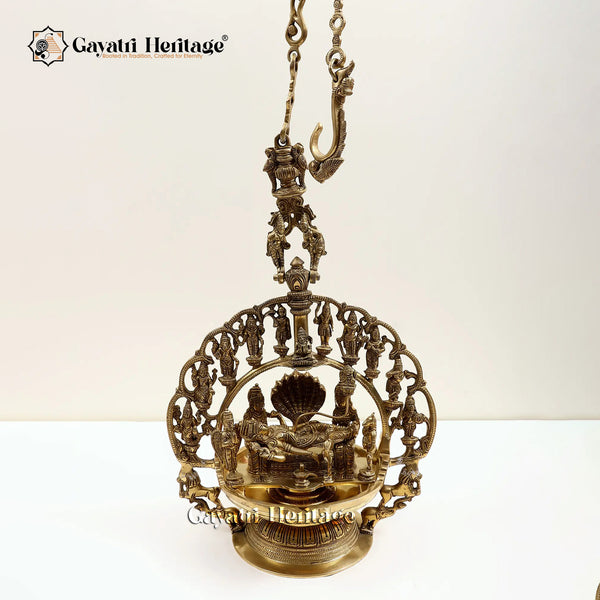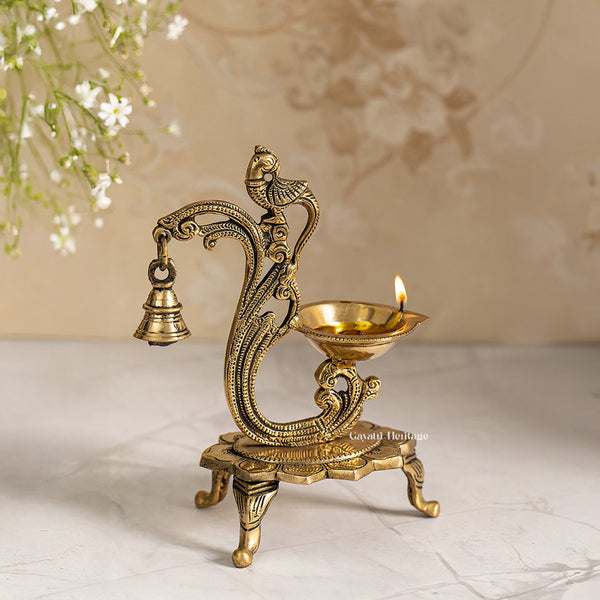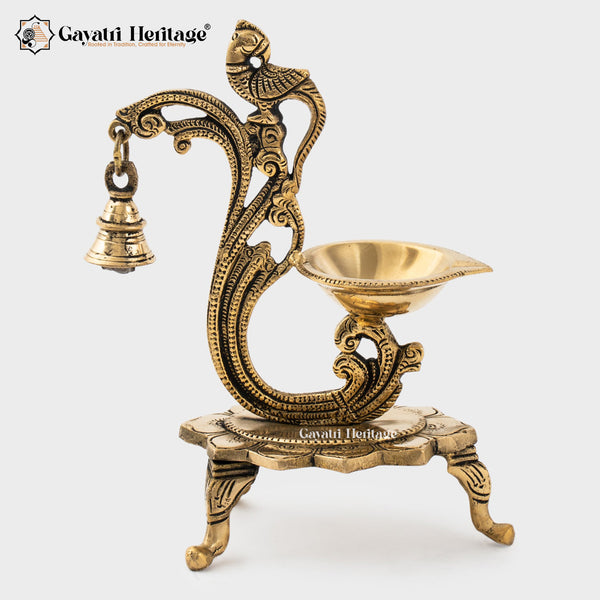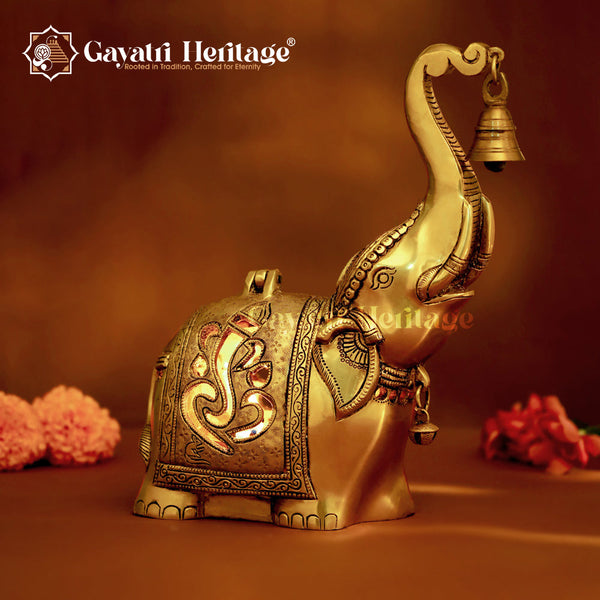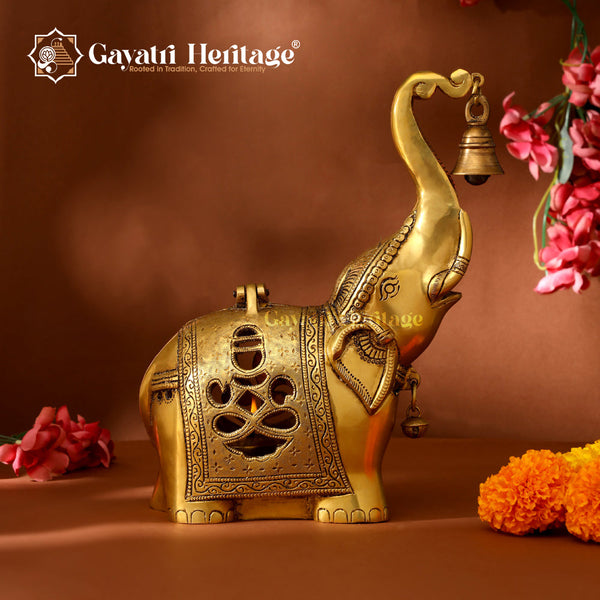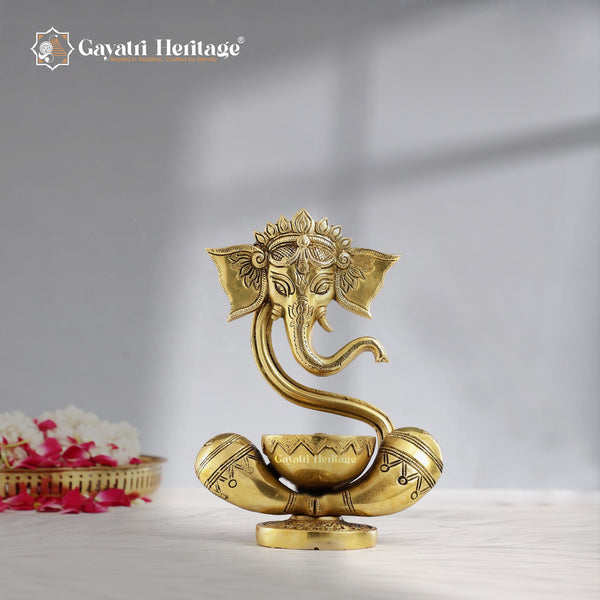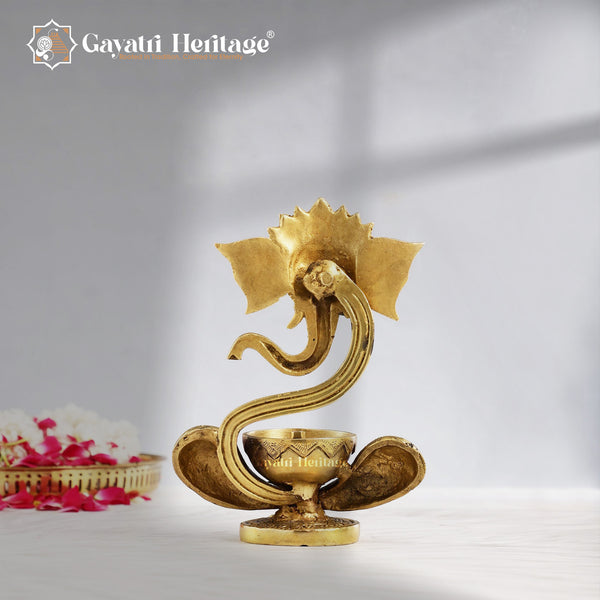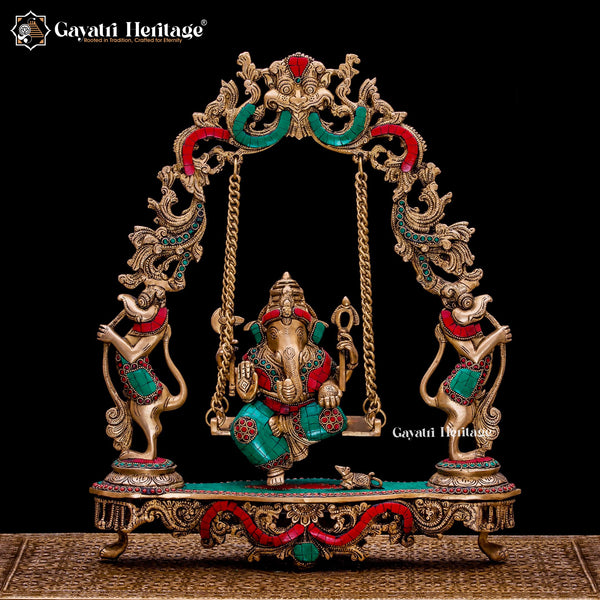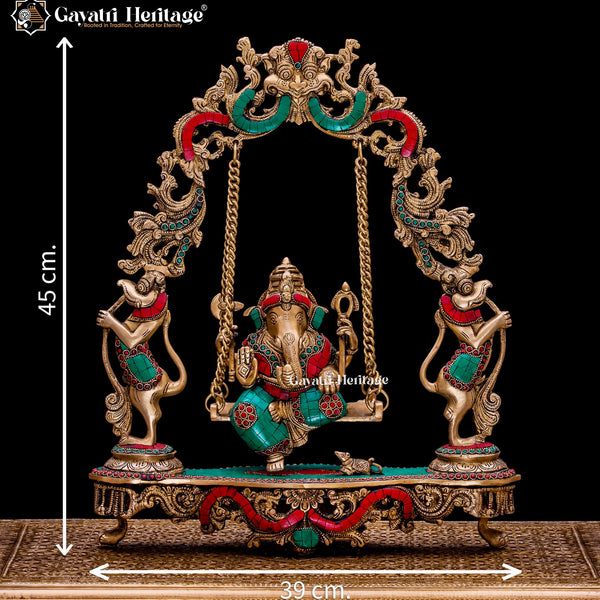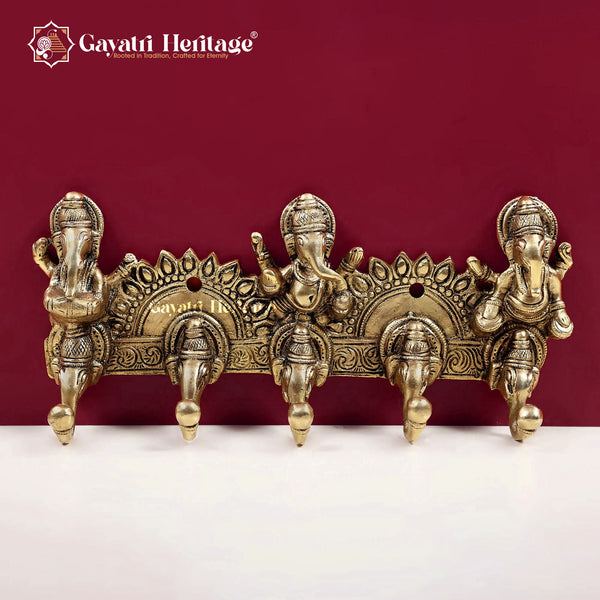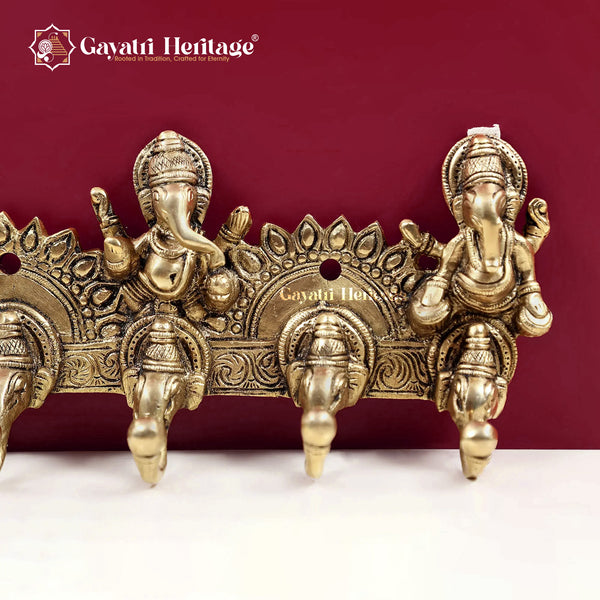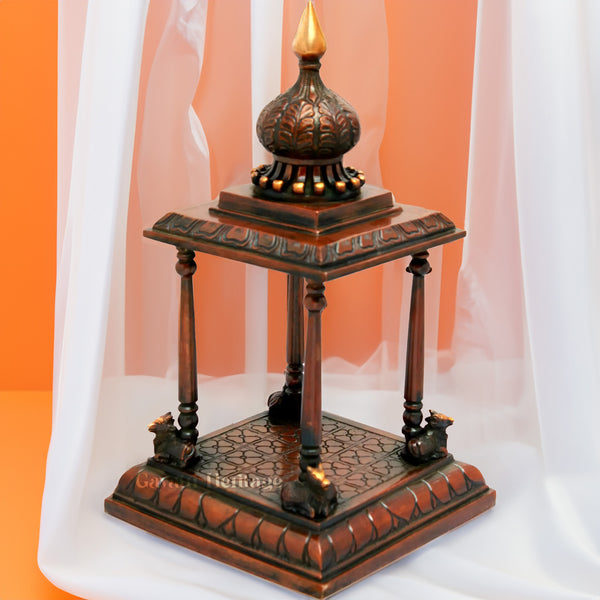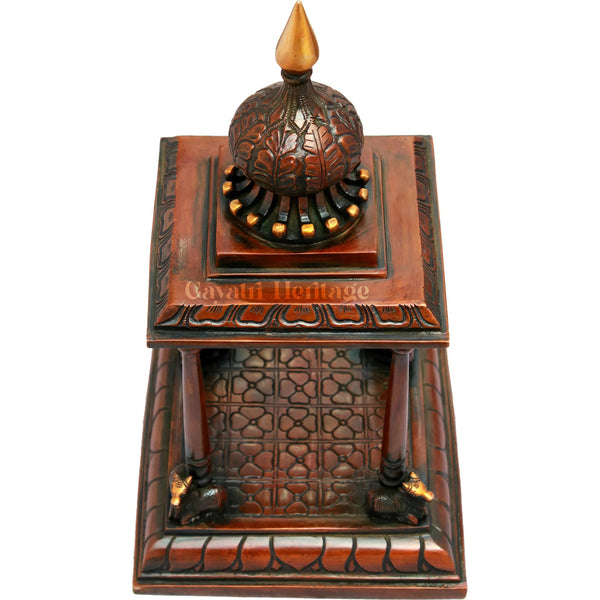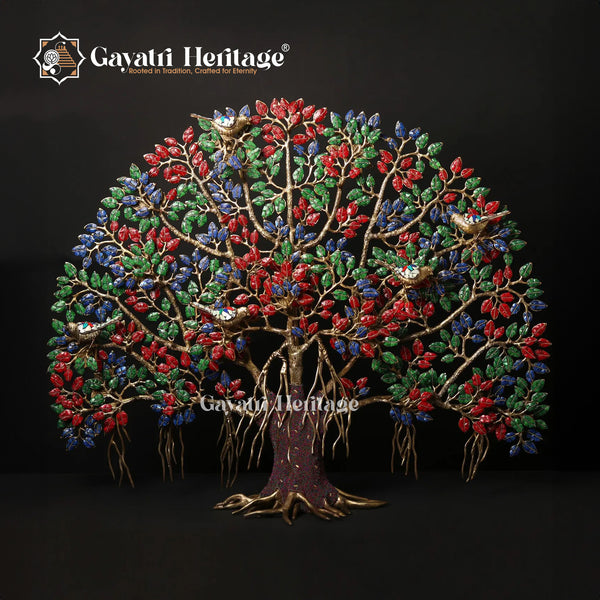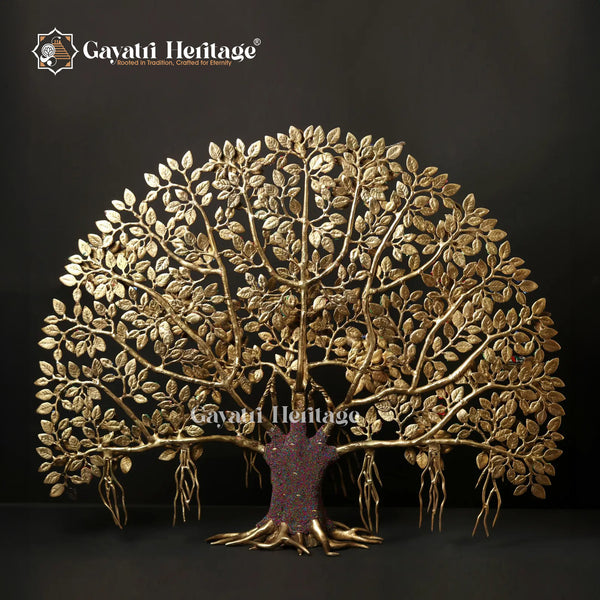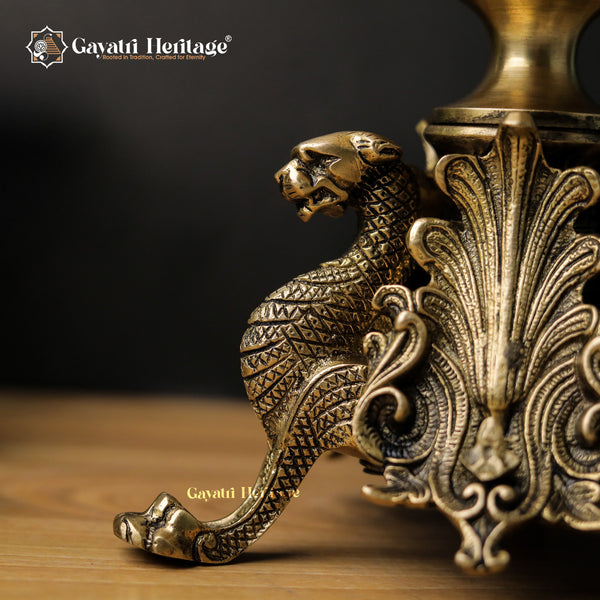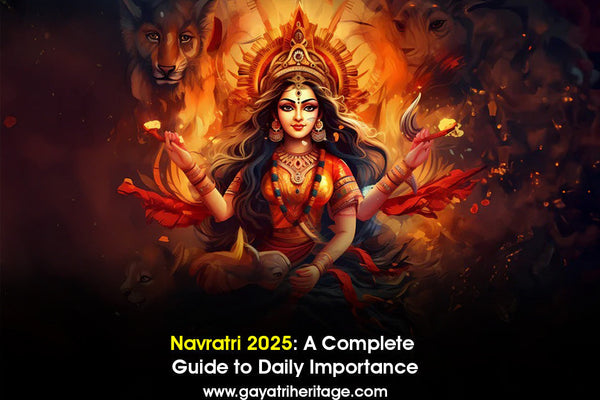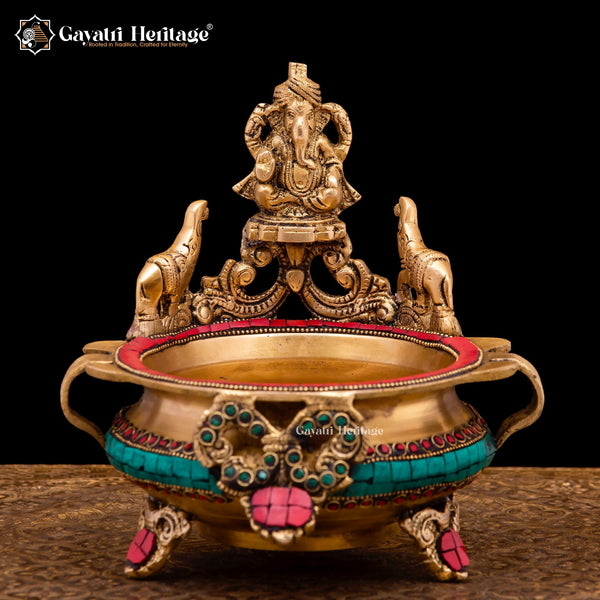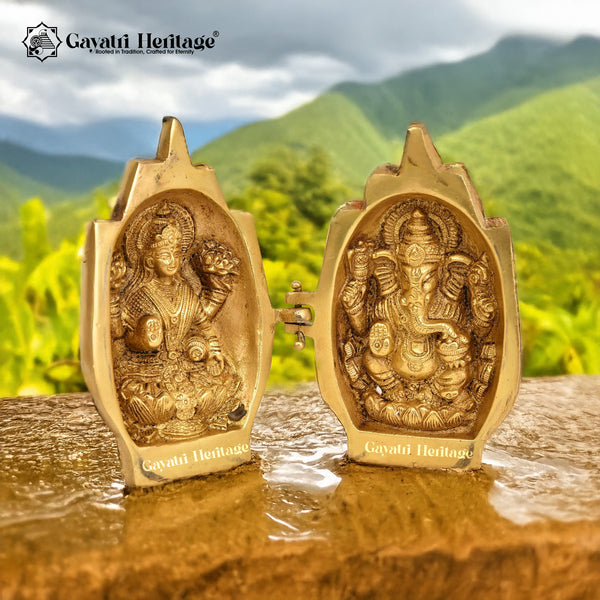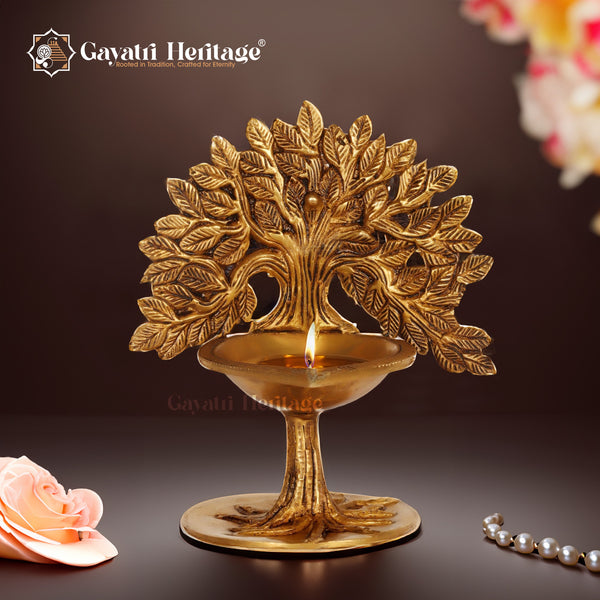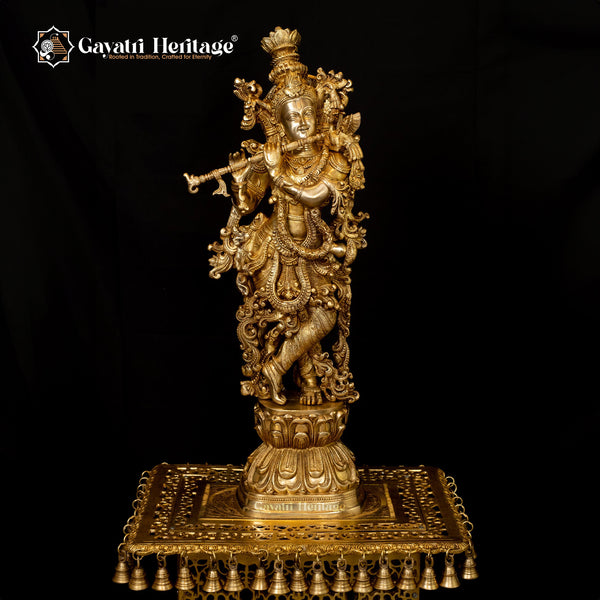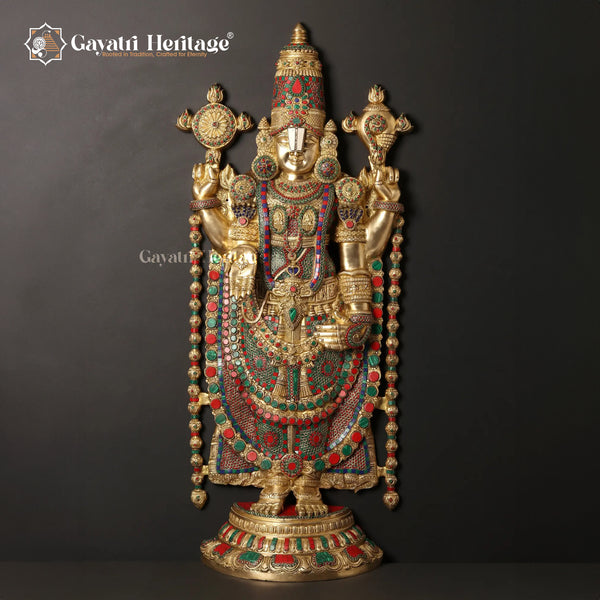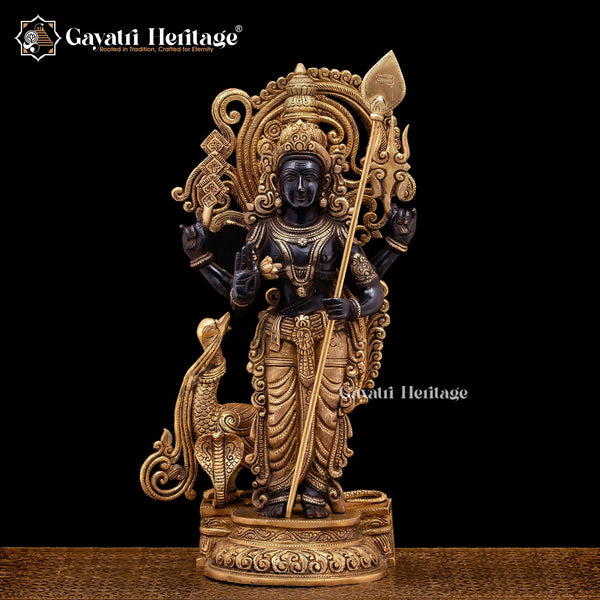In Hindu tradition, the concept of Chiranjeevi refers to beings who are blessed with immortality. These individuals are believed to remain alive throughout the ages, either because of divine boons or spiritual reasons. The four Chiranjeevis—Hanuman, Veda Vyasa, Parashurama, and Markandeya—are significant figures who have been immortalized in Hindu scriptures and are said to continue their existence even in modern times.
In this blog, we will examine the details of these four Chiranjeevis, their significance in Hindu texts, and references from ancient scriptures that suggest their immortality.
1. Lord Hanuman: The Ever-Living Devotee of Lord Rama
Lord Hanuman is one of the most well-known figures in Hinduism, known for his immense strength, devotion to Lord Rama, and his role in the Ramayana. According to Hindu beliefs, Lord Hanuman was granted immortality by Lord Rama himself as a token of appreciation for his unwavering devotion and service. Hanuman is considered to be the embodiment of strength and loyalty.
Shloka Evidence: In the Mahabharata, it is mentioned that Hanuman, as a result of his devotion to Lord Rama, was granted the boon of immortality. According to Anushasana Parva of Mahabharata, Hanuman continues to live and is forever present on Earth.
Shloka (Mahabharata, Anushasana Parva, Chapter 50):
"The son of Anjana (Hanuman), who is immortal, will be the protector of the world. He will appear before his devotees whenever needed and is forever present."
2. Veda Vyasa: The Eternal Sage of Knowledge
Veda Vyasa, also known as Krishna Dvaipayana Vyasa, is one of the most revered sages in Hinduism. He is credited with composing the Mahabharata and organizing the Vedas into their present form. Vyasa’s contributions to Hindu philosophy and spirituality are unparalleled. He is regarded as a Chiranjeevi, believed to have been granted immortality to continue his work of disseminating knowledge.
Shloka Evidence: In the Mahabharata, Vyasa is referred to as an immortal being. It is stated that he will continue to live until the end of the current age, guiding humanity with wisdom.
Shloka (Mahabharata, Vana Parva, Chapter 152):
"Vyasa, the son of Parashara, lives in an eternal state of grace. He will guide humanity and bestow wisdom until the end of time."
3. Parashurama: The Warrior Sage
Parashurama, the sixth incarnation of Lord Vishnu, is one of the most unique and powerful figures in Hindu tradition. Known for his warrior skills and fierce devotion to dharma, Parashurama was granted immortality by Lord Vishnu. He is famous for purging the Earth of corrupt rulers, and his actions serve as a reminder of the importance of righteousness and justice.
Shloka Evidence: In the Mahabharata, Parashurama is described as an eternal being, roaming the earth with the divine power of Lord Vishnu. He is said to be immortal and will continue to live until the end of the present age.
Shloka (Mahabharata, Anushasana Parva, Chapter 70):
"Parashurama, the eternal servant of Lord Vishnu, will never leave the earth. He will remain until the end of time, guarding dharma and protecting righteousness."
4. Markandeya: The Sage Immortalized by Lord Shiva
Markandeya was a sage who is said to have been granted immortality by Lord Shiva. As a child, Markandeya was destined to die young, but he performed intense devotion to Lord Shiva and was granted eternal life. His story highlights the power of devotion and divine grace, and he continues to be revered as an immortal sage.
Shloka Evidence: The Markandeya Purana mentions that Markandeya is an immortal being who will continue to live until the end of the world. His story is a testament to the power of devotion and the divine protection granted by Lord Shiva.
Shloka (Markandeya Purana, Chapter 9):
"Markandeya, who was saved by Lord Shiva, lives beyond time and will remain unaffected by the cycle of death. His existence will continue till the final dissolution of the universe."
5. Ashwatthama: The Warrior Son of Dronacharya
Ashwatthama is a central character in the Mahabharata. He is the son of the great teacher and warrior Dronacharya. Ashwatthama played a significant role in the Kurukshetra War and was one of the few survivors after the war ended. However, he committed a grave sin when he used the Brahmastra (a divine weapon) on the Pandava army, which led to his curse.
Lord Krishna, in his role as the charioteer of the Pandavas, cursed Ashwatthama to live for eternity with the pain of his deeds, making him an immortal Chiranjeevi. Ashwatthama is believed to be wandering the Earth, tormented by his curse.
Shloka Evidence:
In the Mahabharata, Ashwatthama’s immortality is mentioned after his curse. It is said that due to his misuse of the Brahmastra and his actions, he was condemned to live forever, suffering from unbearable pain.
Shloka (Mahabharata, Anushasana Parva, Chapter 88):
"Ashwatthama will live for many years, wandering the Earth with sores on his body and in constant torment, for his sins will not allow him to die."
6. Kripacharya: The Immortal Teacher of the Kuru Clan
Kripacharya was the royal teacher (Guru) to the Kuru princes in the Mahabharata. He was a renowned scholar, warrior, and one of the most virtuous figures in Hindu mythology. Kripacharya is unique among the Chiranjeevis because his immortality is not the result of a divine boon, but rather his piety and righteous actions.
He is said to have been granted immortality due to his strict adherence to dharma and his role in guiding the Kuru dynasty. As an advisor and teacher, Kripacharya survived the Kurukshetra War and continues to live today.
Shloka Evidence:
The Mahabharata (Anushasana Parva) states that Kripacharya is one of the eight Chiranjeevis and is immortal due to his deep understanding of dharma and his role as the guide of the royal family.
Shloka (Mahabharata, Anushasana Parva, Chapter 70):
"Kripacharya will live forever, serving as a teacher of the Kuru dynasty. His wisdom will remain eternal, and he will continue to guide humanity through the ages."
7. Bali: The Benevolent Demon King
Bali (also known as Mahabali) was a great and just demon king who ruled over the asuras. According to the Vamana Purana, Lord Vishnu, in his Vamana avatar, visited King Bali during a yajna and, through a clever trick, sent him to the netherworld. Despite this, Lord Vishnu granted him immortality and allowed him to return once a year to visit his kingdom, which is celebrated as Onam in Kerala.
Bali is unique because, despite being a demon king, he was granted immortality due to his humility, righteousness, and devotion to Lord Vishnu.
Shloka Evidence:
The Vamana Purana and Bhagavata Purana narrate the story of King Bali’s immortality. He is believed to live on in the underworld, with a boon that allows him to return to his kingdom every year.
Shloka (Vamana Purana, Chapter 3):
"Bali, the king of the asuras, is immortal. He will continue to reign in the netherworld and return once a year to his kingdom to visit his people."
8. Vibhishana: The Loyal Brother of Ravana
Vibhishana was the younger brother of the demon king Ravana in the Ramayana. Unlike his brother Ravana, Vibhishana was a devout follower of Lord Rama and supported him during the battle against Ravana. His loyalty to righteousness and Lord Rama led him to be spared when Ravana was defeated.
Lord Rama, impressed by Vibhishana’s virtue and loyalty, blessed him with immortality. Vibhishana is believed to have continued to serve as a guardian of dharma and is said to still be alive.
Shloka Evidence:
In the Ramayana, it is mentioned that Vibhishana was granted immortality by Lord Rama as a reward for his unwavering faith and support. He is believed to remain as a protector of dharma.
Shloka (Ramayana, Yuddha Kanda, Chapter 108):
"Vibhishana, the brother of Ravana, who was loyal to Lord Rama, was granted immortality and will remain as a guardian of the Earth, safeguarding dharma until the end of time."
